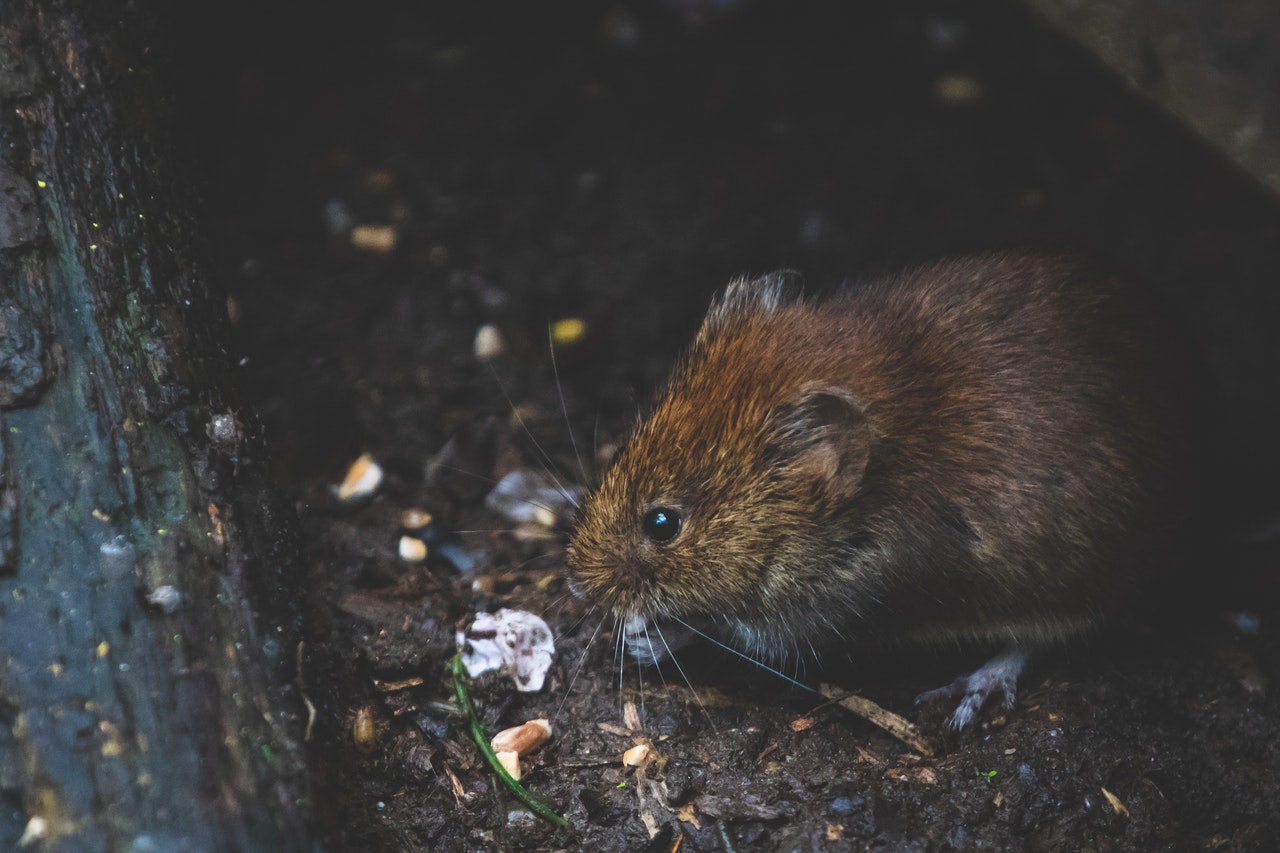As the world fights COVID-19, most food establishments closed down to prevent the spread of the virus. While it left a huge impact on people’s lives, the closure of these establishments has also affected rodents. Since their sources of food stopped operating, they need to find new ones to survive.
They are out on the streets to look for food and water. Experts explain the rats have become cannibalistic and aggressive. As they get more desperate, they start infesting homes. Rodents at home can put you, and you’re family’s health at risk.
Is your home safe from a rodent infestation?
Why Should You Keep Your Home Rodent Free?
Rodents are a common pest in many homes. Having them at home, however, can compromise your health. According to PestWorld.org, mice and rats can spread over 35 diseases. Humans can contract such diseases by handling live or dead rodents, rodent bites, and contact with their urine, saliva, and feces.
Here are the three common diseases associated with rodents.
1. Lymphocytic Choriomeningitis
According to the Centers for Disease Control and Prevention (CDC), lymphocytic choriomeningitis (LCM) is a viral infectious disease from rodents. It is caused by lymphocytic choriomeningitis virus (LCMV) from the family Arenaviridae.
The common house mouse is the primary source of LCMV. Data show 5 percent of house mice in the US carry LCMV. They can spread the virus throughout their lifetime even without showing signs of illness. Humans are more likely to contract the virus from this type of mice through urine, saliva, droppings, and a bite from an infected rodent.
2. Hantavirus
Several types of rodents carry hantavirus that can cause hantavirus pulmonary syndrome (HPS). This infectious disease shows flu-like symptoms that can lead to life-threatening breathing problems.
The infection commonly spreads by breathing air infected contaminated by fresh urine, dropping, and nesting materials from rodents. You can also contract this disease if an infected mouse bit you. Eating food contaminated with rodent urine, droppings, or saliva is also seen as a way to contract the disease.
3. Tularemia
The National Organization for Rare Disorders (NORD) explains infection with the bacterium Francisella tularensis causes tularemia. It is commonly present in small mammals, including rodents. The bacterium transmits to humans by handling an infected animal or inhaling or ingesting the bacterium. Infected individuals can have different experiences, some are mild, but others can be fatal.
Symptoms vary, depending on how you got infected. For example, if you were infected through the skin, you may experience a skin ulcer or rash where you got infected. The infection may also lead to swollen, painful nodes. Meanwhile, infection through inhalation can lead to infection of the lungs, lung abscesses, and a collection of fluid around the lungs.
Pest control professionals can help you eradicate rodents in your home. But it’s essential to keep them away from your home before exposing you and your family to diseases.

Keeping Your Home Rodent Free
Prevention is indeed better than cure. As a homeowner, you must do plenty of tasks to keep your home in perfect condition. One of them is making sure it’s free from pests like rats and mice. Not only do they carry a variety of diseases, but they can cause damage to your property and your furniture.
Here are things you can do to keep rodents away from your home.
1. Eliminate things that attract rodents
One important thing to prevent rodents from invading your home is removing conditions that attract them. For example, make sure to keep your garbage in garbage bins that are tightly sealed. If you have pet or bird food, don’t leave it in your yard.
2. Seal all entry points
Another essential preventive measure to remember is blocking potential entry points inside and outside your home. These rodents can squeeze themselves through holes the size of a nickel or a half dollar. Check inside, under, and behind stoves, refrigerators, and kitchen cabinets for holes and gaps. They can also be inside your closet, around doors, or inside the attic.
3. Set live traps
Live traps help in controlling the population of rodents in your home. Make sure you use the right type of traps and use them properly. Remember that traps used in catching mice are different from the ones used in catching rats.
Place your traps in areas that have frequent rodent activity and in place with less human activity, including the attic, crawlspace, and basement. It’s best to position the bait end of the trap next to the wall as rodents like to run next to walls for safety.
It is also vital to keep your home clean all the time. If you found evidence of rodent activity, make sure to clean it up right away to prevent possible virus infection. In case the rodent infestation has become out of control, contact professionals to help you out.
COVID-19 has affected everyone’s lives, including rodents. Make sure to practice necessary precautions to prevent rats and mice from infiltrating your home and spread viruses.